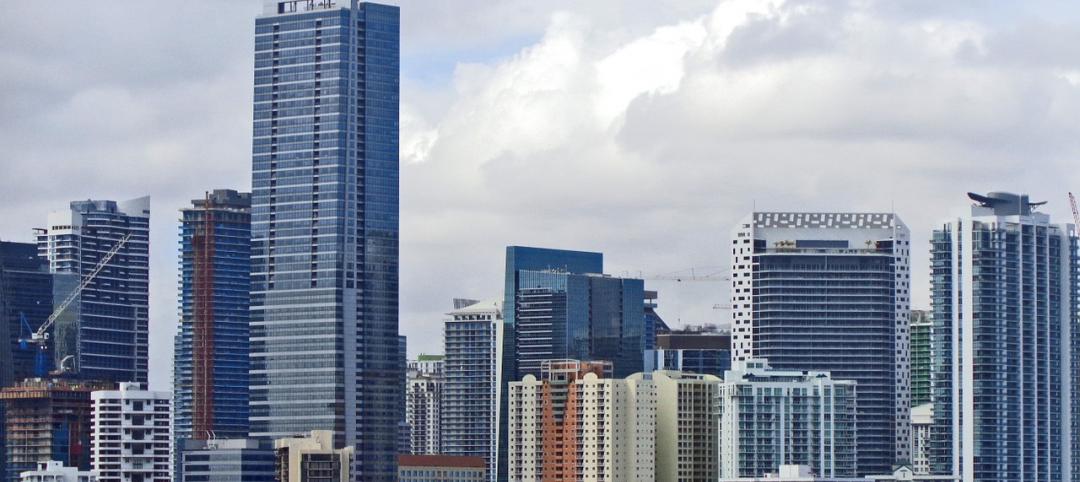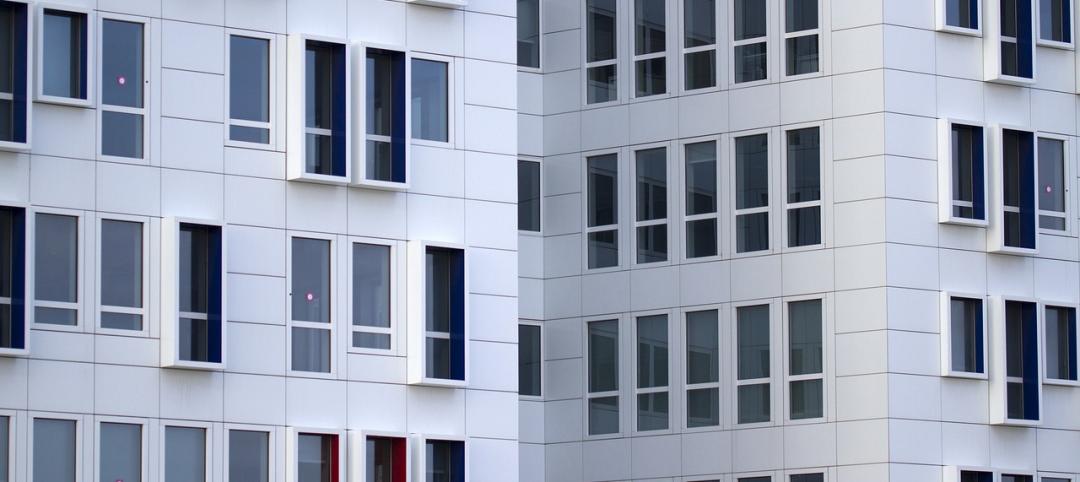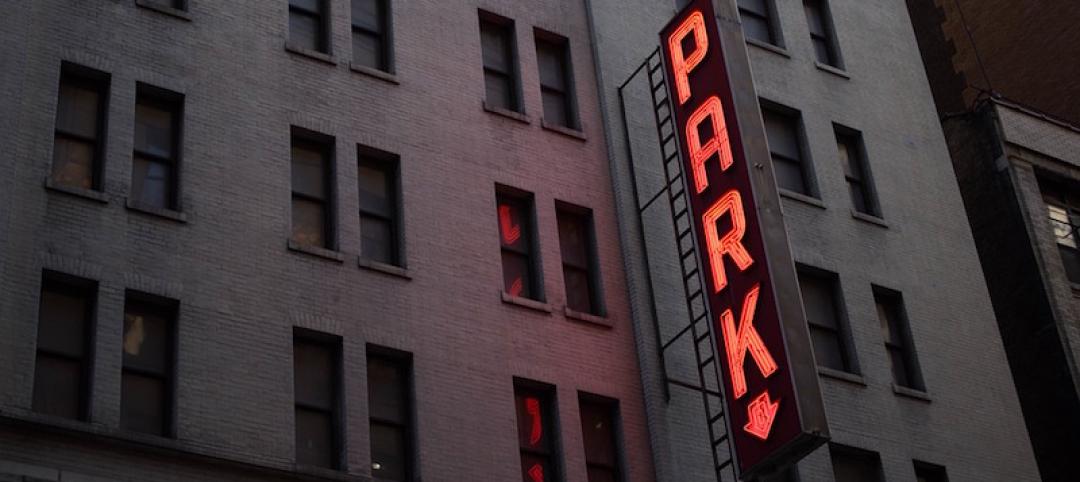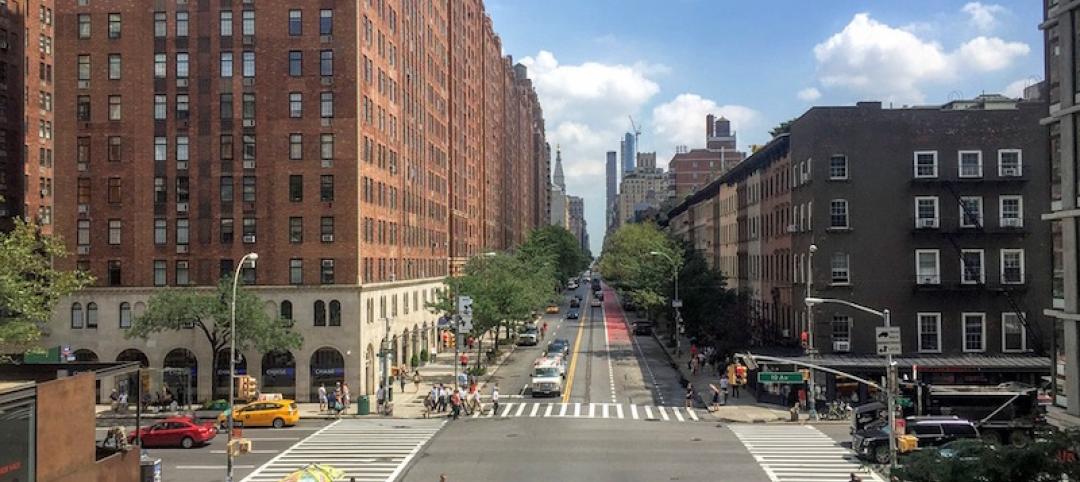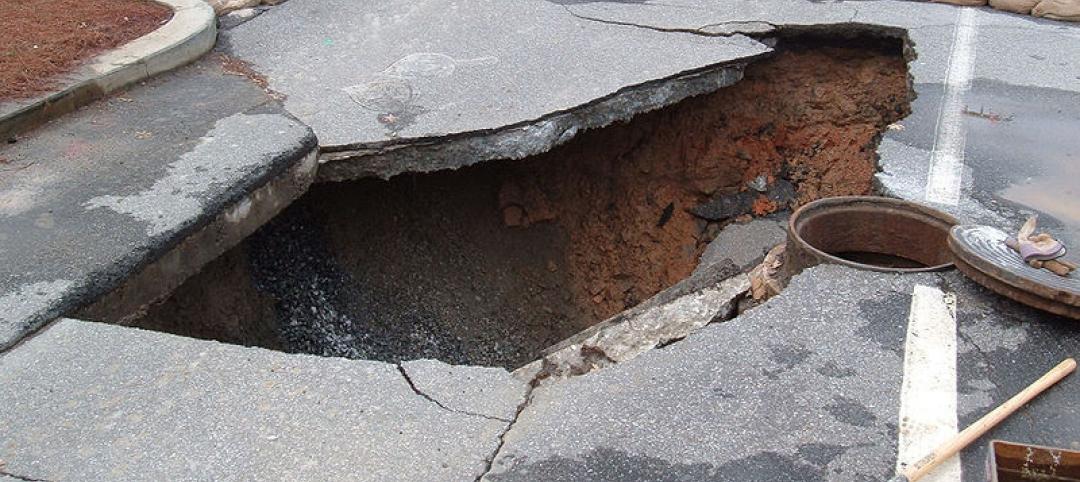The City of Cambridge, Mass., recently mandated that all non-residential buildings—including existing structures—larger than 100,000 sf meet a net-zero emissions requirement by 2035.
In a news release, Cambridge says it is “the first known city in the country” to enact a 2035 deadline for net zero. Mid-size buildings, defined as 100,000 sf or smaller, will have to reach net zero by 2050.
Buildings covered under the new law can continue to burn fossil fuels on site if owners purchase verified carbon credits, but only until 2050, and only to offset limited amounts of emissions. Building owners must eventually use renewable energy, either by investing in solar panels or purchasing a contract for renewable energy.
Cambridge has 314 buildings facing the 2035 net-zero deadline. “The City is committed to supporting Cambridge property owners with robust technical assistance and connections to incentives and moving forward together with this challenging yet absolutely critical work,” the news release says.
Cambridge will use a separate process to develop regulations to reduce greenhouse gas emissions in residential buildings.
Related Stories
Codes and Standards | Jun 6, 2017
New York City will require construction superintendents on buildings higher than three stories
New laws focus on construction safety.
Codes and Standards | May 30, 2017
Industry Groups move toward Unified Green Building Model Code in 2018
The effort involves combining ASHRAE's Standard 189.1 with the International Green Construction Code.
Codes and Standards | May 30, 2017
OSHA suspends electronic injury, illness reporting requirement
The agency is keeping records from being publicly disclosed—for now.
Codes and Standards | May 30, 2017
Florida preparing to adjust to new building elevation requirements
New floodplain maps and state code changes loom.
Codes and Standards | May 30, 2017
Heated debate over whether Calif.’s prevailing wage requirement stymies affordable housing
There’s disagreement around how much pay regulations add to cost of projects.
Codes and Standards | May 25, 2017
Technology is influencing parking requirement codes in new developments
Uber and Lyft make it easier for urban dwellers to live without owning cars.
Codes and Standards | May 25, 2017
Better Buildings Challenge Partners on track to reduce energy usage by 20% in 10 years
More than 1,000 proven solutions are now available on DOE web site.
Codes and Standards | May 22, 2017
Affordable housing initiative drives surge in residential unit permits in New York City
New permits tripled from year-ago period.
Codes and Standards | May 22, 2017
Amid labor shortage, industry groups urge government action to boost trades
AGC says a shortage of qualified workers is limiting the economy from adding more jobs.
Codes and Standards | May 19, 2017
Spate of sinkhole incidents points to neglected infrastructure investment
Suddenly appearing caverns cause deaths, evacuations, interruption of utility services.






